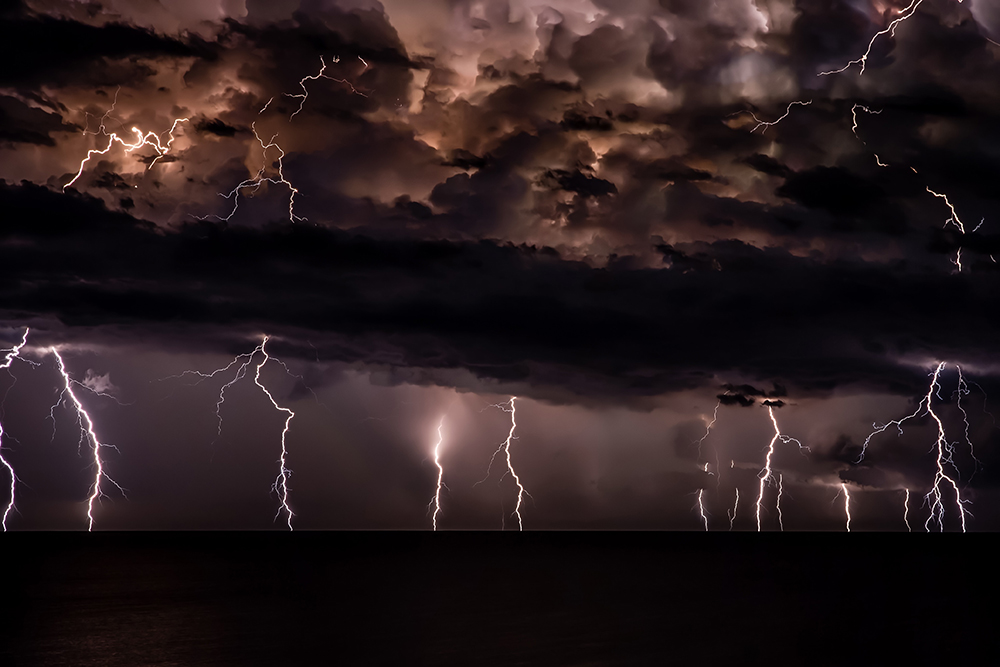Beijing accused the United States of “gross interference in Hong Kong affairs” and promised a response.
Mr. Trump also signed legislation, adopted overwhelmingly in May by Congress, that authorizes the administration to impose sanctions on officials or institutions, including banks, that were found to have undermined Hong Kongs semiautonomous status.
His executive order, besides revoking the territorys special trading status, calls for sanctions against people deemed to have been involved in a variety of acts in Hong Kong, including arrests made under the new security law and actions that undermine democratic processes or limit the news medias freedoms.
Officials in Beijing had clearly anticipated the moves, but they reacted harshly nonetheless.
The act on the United States side maliciously denigrates Hong Kongs national security legislation, threatens to impose sanctions on China and gravely violates international law and basic rules of international relations, the Ministry of Foreign Affairs said in a statement posted on Wednesday morning in China, not long after Mr. Trump finished speaking.
It is gross interference in Hong Kong affairs and Chinas internal affairs, the ministry said.
The impact of the new powers detailed in the American law and Mr. Trumps executive order remain to be seen. Congress has authorized similar measures before, only to have the administration delay imposing them as it weighed other foreign policy considerations, including Mr. Trumps signature trade deal with China.

